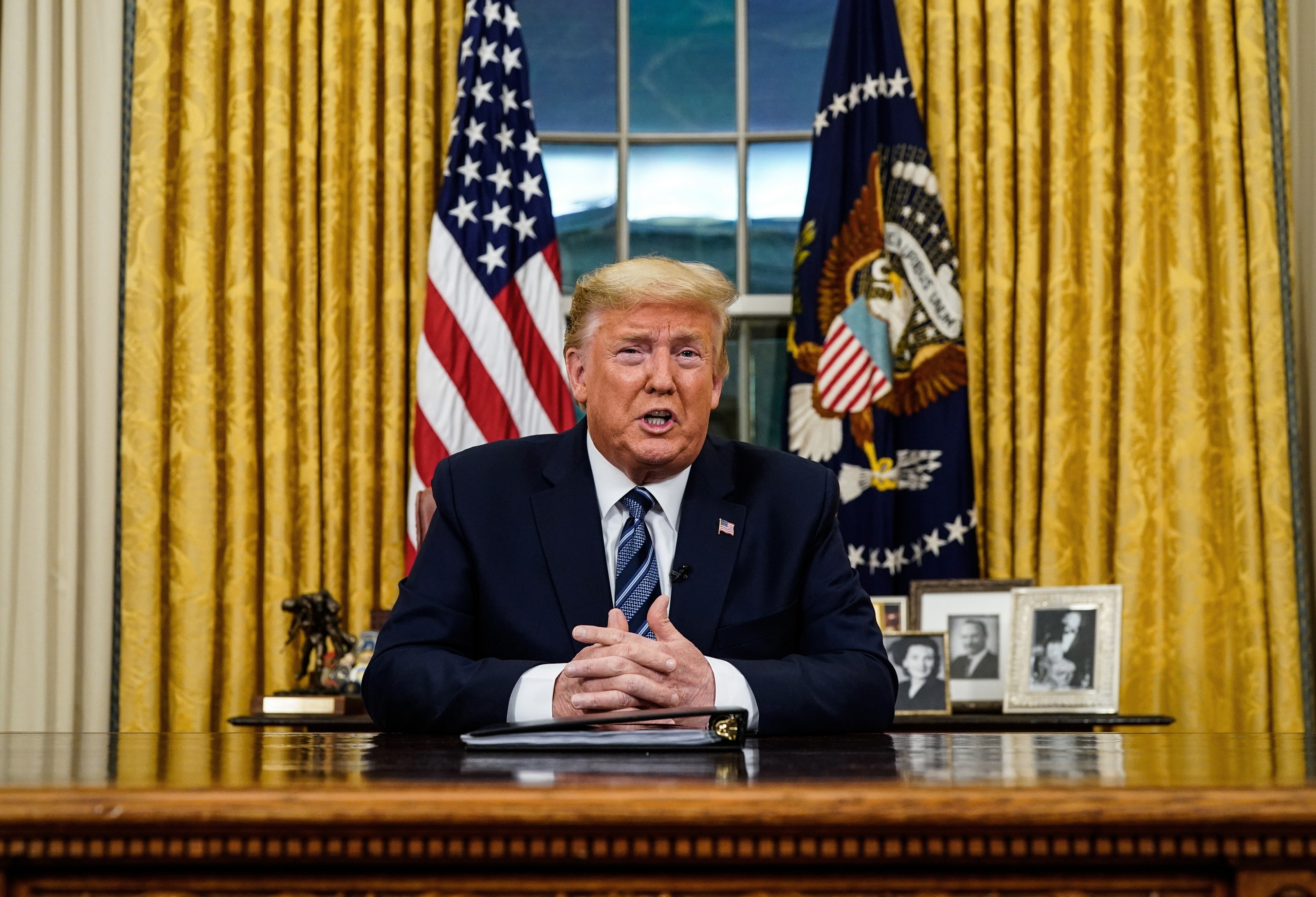Seoul wins tariff relief as Samsung, others pledge more local spending
![]()
Seoul wins tariff relief as Samsung, others pledge more local spending
Anabelle Colaco
18 Nov 2025, 10:58 GMT+10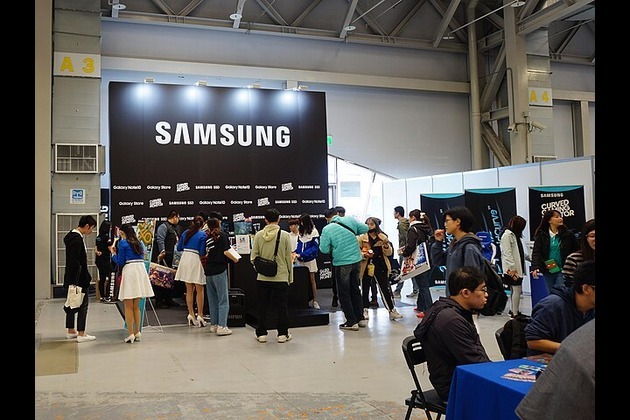
- South Korea’s biggest conglomerates unveiled major new domestic spending plans on November 16
- This offers a show of confidence to President Lee Jae Myung as his government works to ease concerns that a landmark trade deal with the United States would pull corporate investment overseas
- The announcements came during a meeting between Lee and top business leaders, held just days after Seoul finalized a pact with Washington
SEOUL, South Korea: South Korea’s biggest conglomerates unveiled major new domestic spending plans on November 16, offering a show of confidence to President Lee Jae Myung as his government works to ease concerns that a landmark trade deal with the United States would pull corporate investment overseas.
The announcements came during a meeting between Lee and top business leaders, held just days after Seoul finalized a pact with Washington that includes US$350 billion in planned South Korean investments in U.S. industries in exchange for averting the Trump administration’s steepest tariffs.
Samsung Electronics, the country’s flagship technology company, said it will commit 450 trillion won ($310 billion) over the next five years to strengthen operations at home. The investment includes building another production line at its massive Pyeongtaek semiconductor hub to meet soaring global demand for chips driven by artificial intelligence.
The new line, which Samsung expects to begin operating in 2028, is part of its plan to secure long-term production capacity for memory chips. The firm also intends to build AI data centers in South Jeolla Province and in Gumi, moves aimed at supporting the government’s regional development goals and reducing the economic imbalance between Seoul and the rest of the country.
Hyundai Motor Group, South Korea’s largest automaker, announced 125 trillion won ($86.3 billion) in planned domestic spending between 2026 and 2030. The funds will be directed toward expanding research and development and advancing next-generation technologies, including AI, robotics, and autonomous vehicles.
Other major companies also outlined expanded local investments. SK Group said it intends to spend at least 128 trillion won ($88.3 billion) domestically through 2028, with a focus on artificial intelligence. Shipbuilding giants Hanwha Ocean and HD Hyundai — both key players in South Korea’s commitment to strengthen the U.S. shipbuilding sector — pledged increases as well.
During the meeting, Lee thanked corporate leaders for supporting his government during negotiations with Washington but urged them to keep prioritizing the domestic economy. He said his administration is reviewing steps, such as easing regulations, to create a more favorable business environment.
SK Chair Chey Tae-won said the finalized trade deal reduces uncertainty and “paves the way for bolder domestic investment.”
Details of the trade agreement were released on November 14. They include $150 billion earmarked for investment in the U.S. shipbuilding sector and $200 billion for other American industries, with Seoul insisting that those funds be capped at $20 billion per year to safeguard financial stability.
In return, the United States agreed to cut tariffs on South Korean cars and auto parts from 25 percent to 15 percent, while promising to apply semiconductor tariffs to South Korean firms on terms “no less favorable” than those offered to comparable competitors.
Share article:


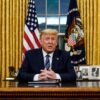
















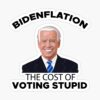







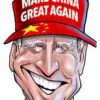






![Lieutenant-Colonel Robert Rogers (7 November 1731 – 18 May 1795) was a British Army officer and frontiersman. Born in Methuen, Massachusetts, he fought in King George’s War, the French and Indian War and the American Revolutionary War. During the French and Indian War, Rogers raised and commanded Rogers’ Rangers, a ranger unit trained for carrying out asymmetric warfare.[2][3](https://www.cowboyron.com/wp-content/uploads/2022/05/1262463_580743685323360_2133853937_o1-1-150x150.jpg)

















![Billie Joe Armstrong & Norah Jones – Silver Haired Daddy Of Mine [Music Video]](https://www.cowboyron.com/wp-content/uploads/2022/11/Al_St._John1-100x100.jpg)























